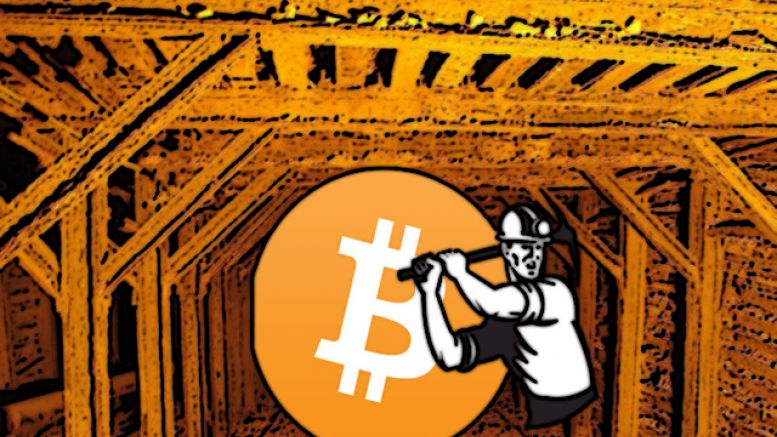
Bitcoin Miner Fees and Micropayment Channels
The average bitcoin transaction fee currently stands at 10280 satoshis. Micropayment channels can drastically reduce transaction costs for multiple bitcoin transactions across 2 parties. The Bitcoin network is weighed down by increasing number of transactions over the blockchain. Thanks to the smaller block size of 1 MB, which has not been upgraded since the days of Bitcoin’s creation. The increased load on the network has led to delays in confirmation of transactions. Miners have started to give priority to transactions with higher miner fee, leading to an increase in the average miner....
Related News
In a recent video released by software engineer James Poole, the demonstration of micropayment channels shows how Bitcoin can be used for transactions in amounts as small as a fraction of a penny. In fact, micropayment channels can make microtransactions denominated in satoshis much more practical in the real world. Right now, it costs roughly $0.04 to broadcast a transaction on the Bitcoin network. While this is much cheaper than other payment networks, sending one satoshi becomes rather impractical. With a micropayments channel, a Bitcoin user can setup a trustless environment with a....
We (up 'til now) haven't talked to much about the Lightning Network. In order to understand the Lightning Network, one must first have a basic understanding of bitcoin. Duplex micropayment channels solve a multitude of problems. For one they enable near-infinite scalability for digital payments based on Bitcoin. Bitcoin transactions are no longer used directly to transfer bitcoins from a sender to a recipient, instead they are used to setup micropayment channels and handle conflict resolution. The Lightning Network is a network of payment channels. When Alice wants to pay Carol, or Dave,....
Hourglass is yet another promising project by BitcoinJ developer and former Google engineer Mike Hearn, which has already surpassed the crowdfunding goal forits initial design. Once the initial design is done, Hearn is planning to move forward to implement a real prototype of the service. CoinTelegraph reached out to Hearn to get some more insights about this project and what we can expect. Hourglass is a specialized BTC wallet using bitcoin micropayment channels that allows users to pay per second. It can be used to pay for things like online lessons via Skype, consulting, internet radio....
Counterparty, the technology for decentralized financial tools on the Bitcoin blockchain, and Storj, the first decentralized, end-to-end encrypted cloud storage that utilizes blockchain technology, have teamed up and combined resources to develop payment channel technology for use on the Counterparty network. CoinTelegraph spoke to Trevor Altpeter and Matt Young, directors of the Counterparty Foundation, about the partnership with Storj, micropayments, and the Lightning Network. Storj’s micropayment streaming of SJCX. Starting in the third quarter of this year, Storj’s micropayment....
On-chain data shows the Bitcoin miner revenue percentage from the fees has exploded recently. Here’s what’s behind this sharp growth. Bitcoin Runes Have Caused A Sudden Shake-Up In Miner Revenues A couple of days ago, the much-anticipated fourth Halving, a periodic event taking place roughly every four years where block rewards that miners receive for […]





